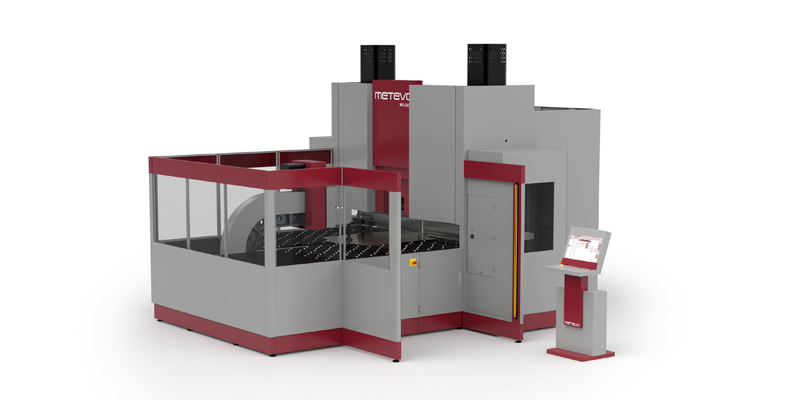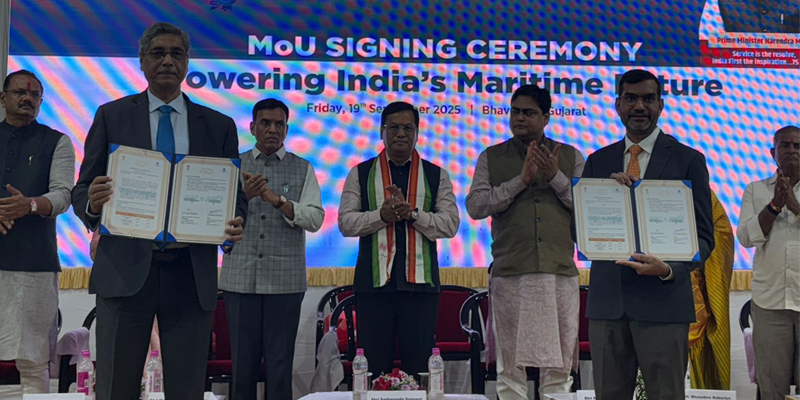Schedule a Call Back
Cooper Corp sees big opportunities in aerospace & defence sector: Farrokh Cooper
 Interviews
Interviews- Aug 29,24

Related Stories

Salvagnini partners with Lanhao to launch Metevo panel benders globally
Salvagnini signed a cooperation agreement with Lanhao to distribute Metevo panel benders across Asia, Middle East, and South America.
Read more
TVS Motor acquires Italy's Engines Engineering S.p.A.
The acquisition highlighted TVS Motor’s commitment to strengthening its design and engineering base to accelerate the development of next-generation mobility platforms.
Read moreAre IIOT sales strategies holding up adoption of Industry 4.0 in manufacturing?
As Industry 4.0 matures, Industrial IOT (IIOT) platforms will be the backbone of digital transformation. But adoption depends as much on how they are sold as on what they deliver, write R Jayaraman ..
Read moreRelated Products

Automotive Oil Pump
Kalpak Auto Pvt Ltd offers a wide range of
automotive oil pump.
Tata Motors unveils facilities for development of Hydrogen propulsion tech
Tata Motors, India?s largest automobile company, unveiled two state-of-the-art & new-age R&D facilities for meeting its mission of offering sustainable mobility solutions. The unveilings constitute of Read more
Tata Motors plans petrol powertrain for Harrier and Safari SUVs
Tata Motors is in the process of developing a new petrol powertrain for its premium sports utility vehicles, the Harrier and Safari, as confirmed by a senior company official. Currently, these models Read more
















